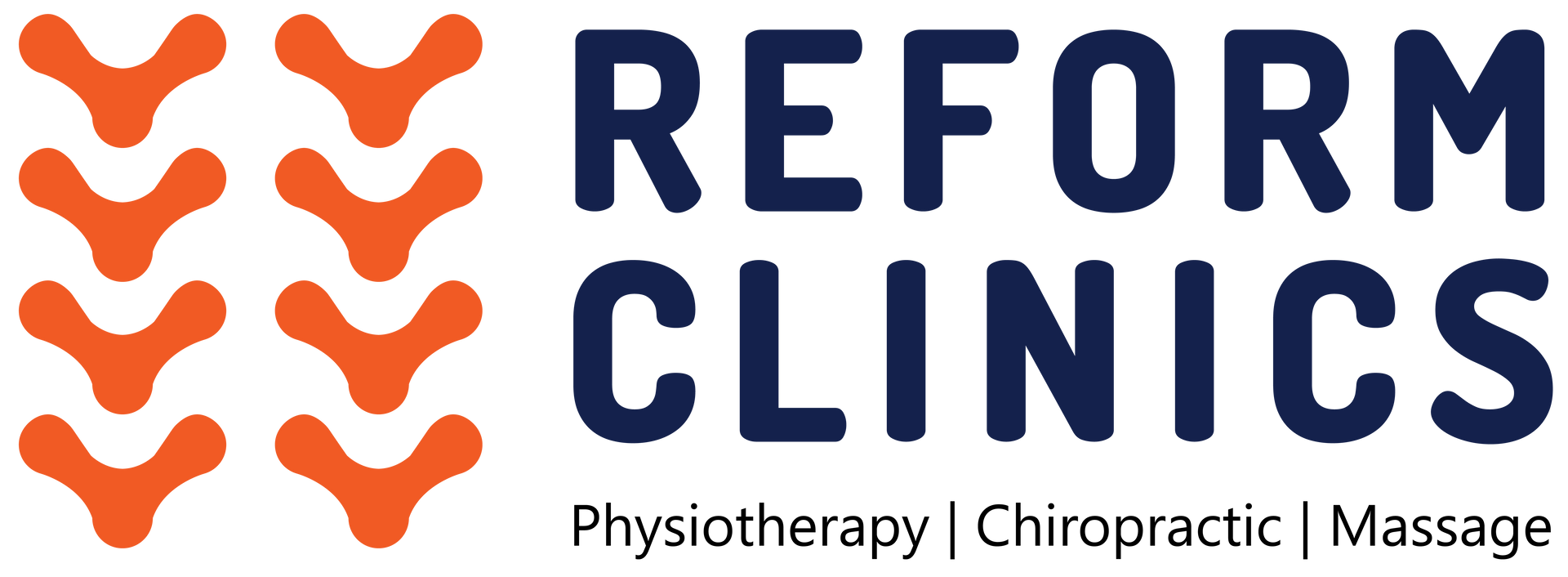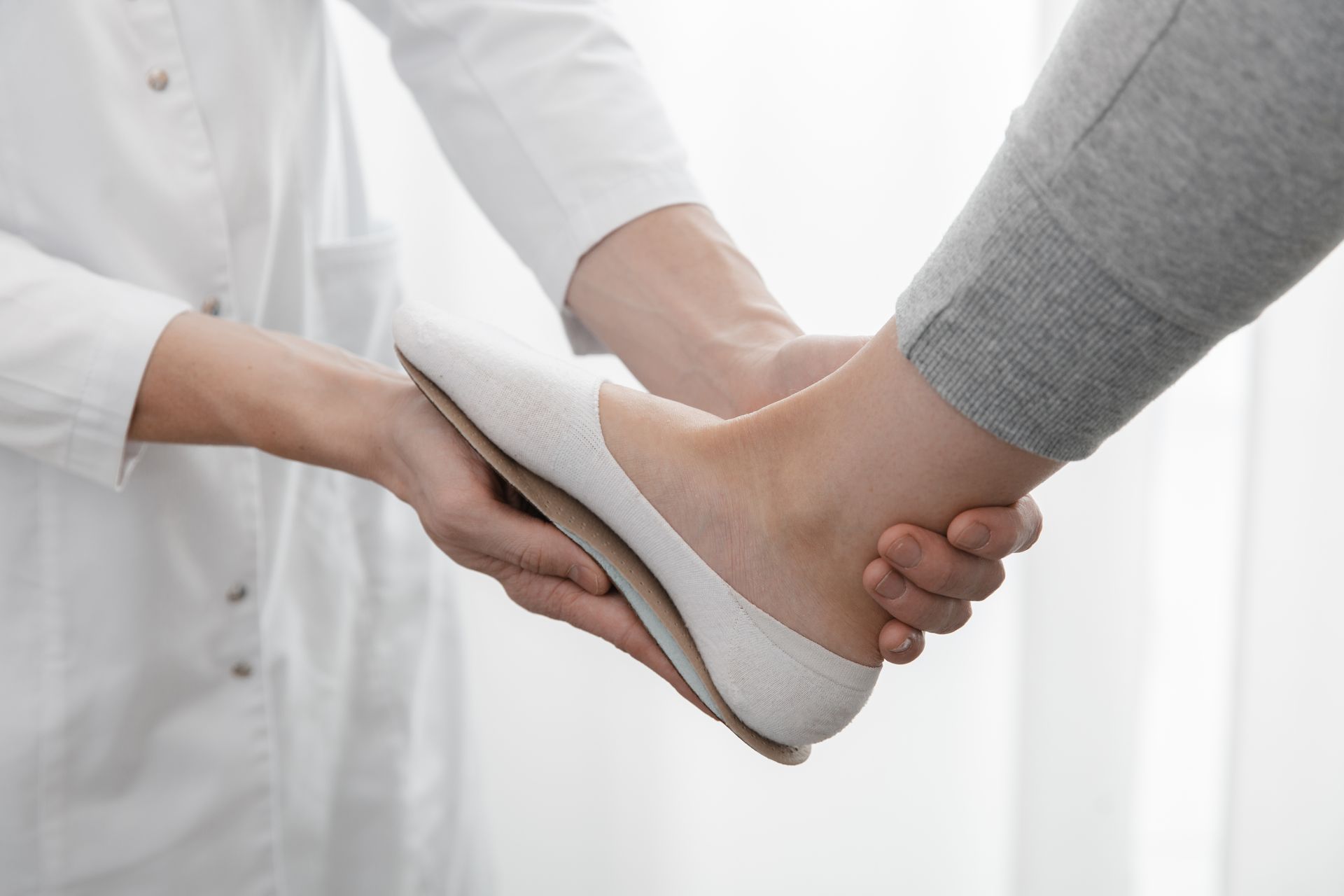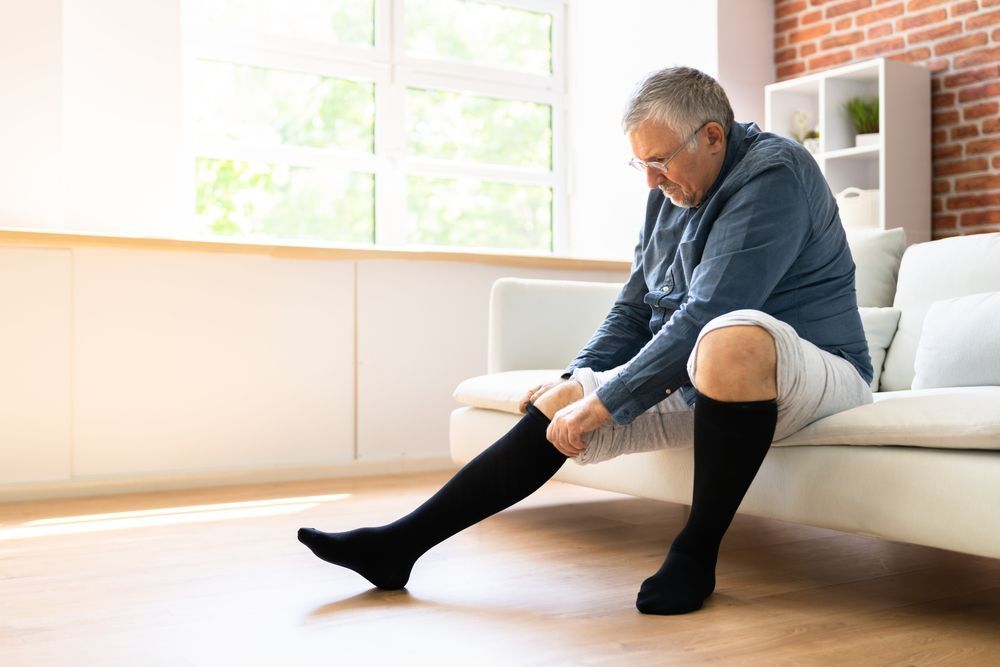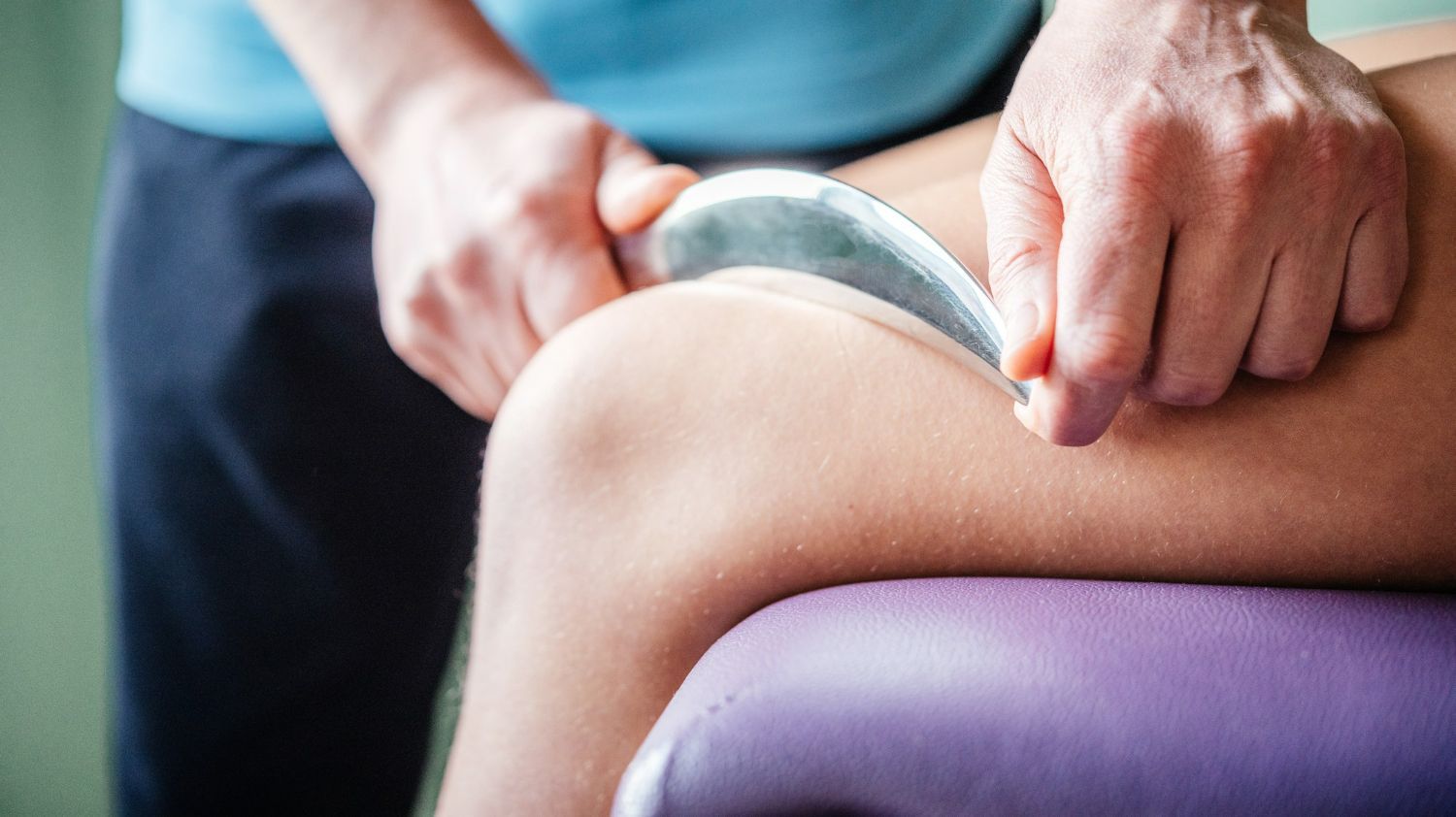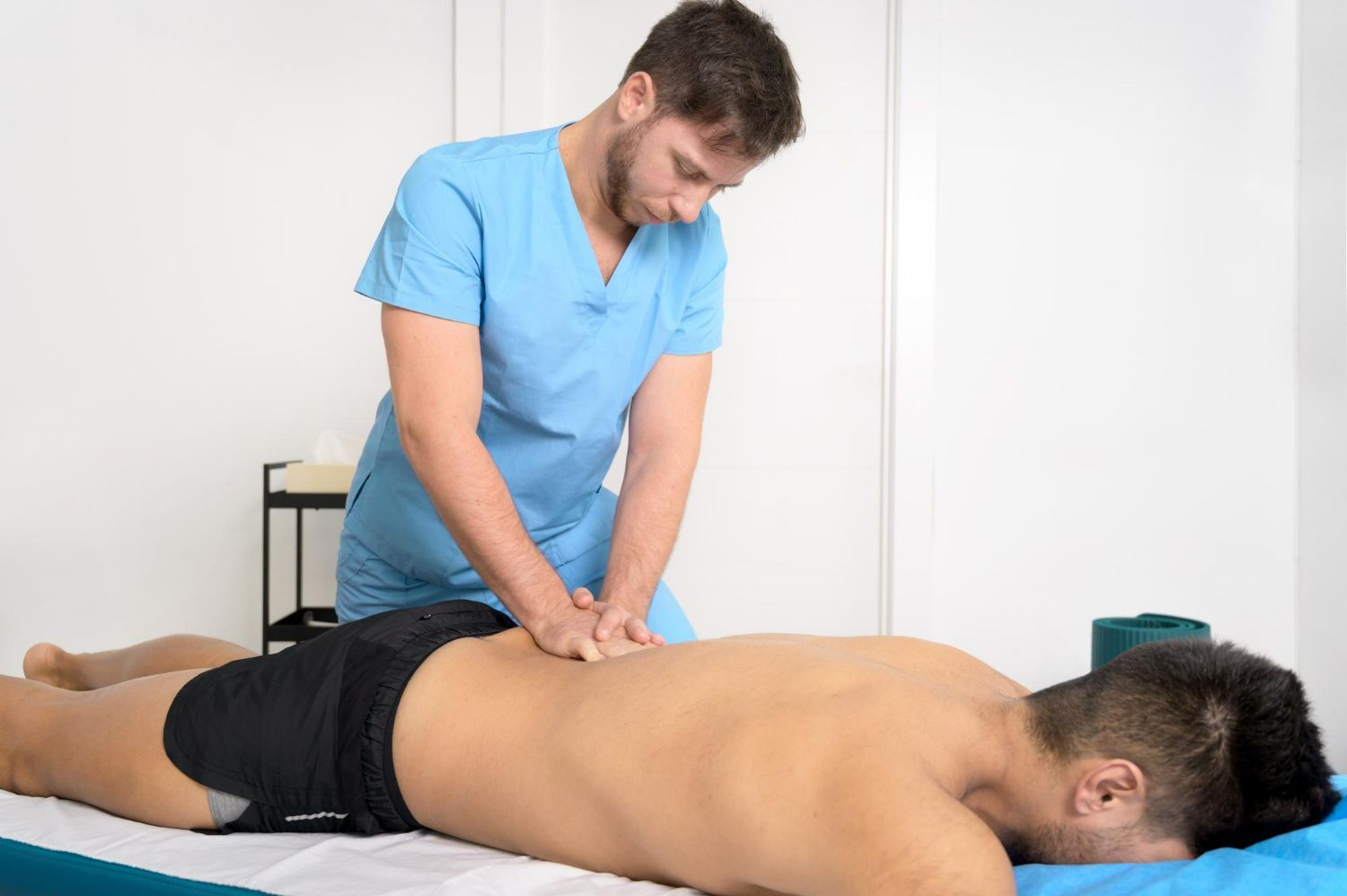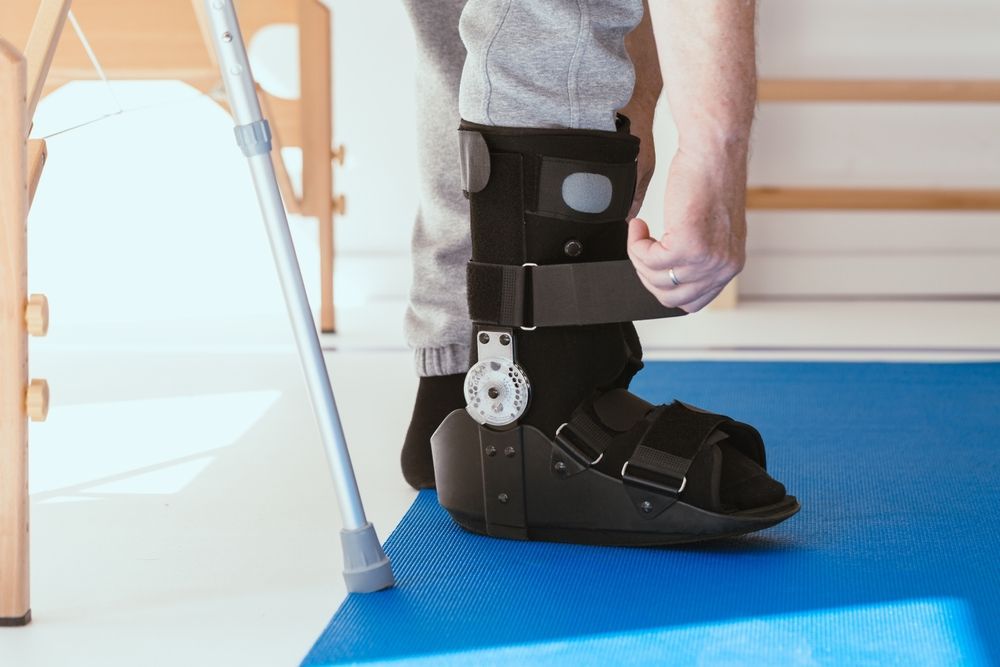What You Need to Know About Repetitive Strain Injury
Sometimes the causes of everyday aches and pains might not be that obvious. If you find yourself constantly grappling with sore wrists or stiff shoulders, it might be due to repetitive strain injuries (RSIs). These occur when our muscles, tendons, and nerves get damaged from performing repetitive motions and activities.
Because RSIs can lead to conditions like carpal tunnel syndrome, tendonitis, and neuritis, it can be worthwhile to know how to prevent and treat them. Read on to learn more about these injuries, their most common causes, symptoms, and treatment options.
What is a Repetitive Strain Injury?
Repetitive strain injuries comprise a variety of pain-related issues that can affect almost every joint, muscle, tendon and nerve in our body.
You may also know them by other names—work-related upper limb disorder, repetitive motion injuries, or overuse syndrome.
Some experts divide RSIs into two categories:
Type 1 RSI: Here we have distinct musculoskeletal conditions such as carpal tunnel syndrome, tendinopathy, neuritis, and myositis.
Type 2 RSI: On the other hand, type 2 RSIs cannot be recognized as a separate condition. Symptoms are usually non-specific, and there are no signs of inflammation or swelling.
What Are the Symptoms of RSI?
Repetitive strain injuries most commonly affect your hands, wrists, elbows, shoulders, neck and back.
Symptoms can be inflammation-related, such as pain, tenderness, swelling and stiffness. You may also notice numbness, tingling sensations and loss of strength.
Generally, symptoms will depend on the affected area. For example, with carpal tunnel syndrome, you will notice difficulty gripping, clumsiness, numbness, and radiating shock-like sensations in the hand and arm.
Over time, these symptoms tend to become more constant and intense.
What Are the Causes of RSI and What Are the Risk Factors?
Repetitive strain injuries happen when we do repetitive movements for prolonged periods of time. This places excessive pressure on our muscles, tendons, and joints and can cause damage in the long run.
Some of the most common activities contributing to RSIs include:
- Overusing specific muscles through repetition
- Maintaining poor or awkward postures for long periods
- Using vibrating equipment
- Carrying heavy weights without breaks and proper technique
Certain occupations such as cooking, construction work, music, dentistry, hairdressing, and assembly line work can also increase the risk of RSIs.
Unlike acute injuries, RSIs take some time to develop, and symptoms can persist for longer than sudden injuries.
What Are the Treatment Options for RSI?
There are many treatment options for RSI, and they vary depending on the condition and intensity of your symptoms.
Initially, it’s crucial to identify the activity that’s causing you problems and avoid it. If work related, contact your employer or occupational health representative—modifying your everyday tasks may improve your symptoms.
Heat and ice packs applied at the right time can also alleviate your symptoms. Your doctor can furthermore prescribe nonsteroidal anti-inflammatory drugs. In more complicated cases, they can suggest a more invasive approach, such as steroid injections.
What usually works best for virtually any injury is physical therapy including chiropractic care and physiotherapy . Our physiotherapists and chiropractors utilize a team-based individualized approach that takes into account all the various aspects surrounding your situation. They rely on reliable methods to manage pain effectively, restore function, and in some cases even avoid the need for surgery.
Schedule Your Next Appointment With Us Today!
Repetitive strain injuries are not only painful but can prevent us from performing our everyday activities—that’s where physical therapy can help.
Reform Clinics in Oakville, Ontario offers a multidisciplinary approach involving physiotherapy, massage therapy and chiropractic care to empower your health and wellness.
If you’re looking to get rid of your pain and restore function—or simply want to learn more about our services—call us at 905-827-5757 or book a free initial assessment online today.
